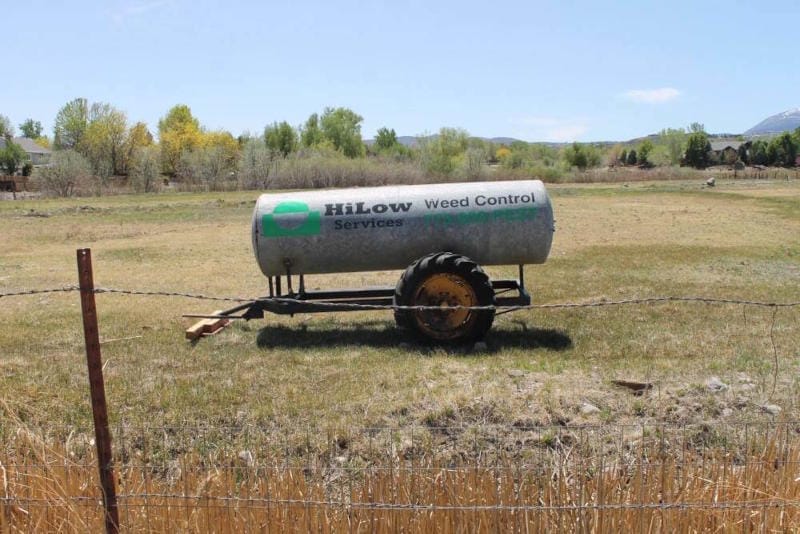 Proper weed management is crucial for agriculture, forestry, gardens, and landscaping. It involves controlling unwanted plants, known as weeds, that can hinder plant growth and pose risks to the environment and human health.
Proper weed management is crucial for agriculture, forestry, gardens, and landscaping. It involves controlling unwanted plants, known as weeds, that can hinder plant growth and pose risks to the environment and human health.
Knowing the significance of weed management can lead to a thriving and sustainable garden or farm.
What is Weed Management and Why is it Important?
Managing weeds encompasses preventing, controlling, and eradicating them in agricultural and non-agricultural environments. Approaches to weed control include mechanical, chemical, and biological methods. Mechanically, unwanted plants can be cut, pulled, or removed using machinery. Chemical methods involve herbicides to kill weeds, while biological methods enlist natural predators to limit weed growth.
Proper weed management is crucial for plant health and growth. Uncontrolled weeds compete with crops, trees, and other plants for essential resources like water, light, and nutrients, resulting in reduced yields and quality. Weeds also create breeding grounds for pests and diseases, increasing vulnerability to attacks. Some weeds, such as Poison Ivy and Giant Hogweed, can even cause severe skin irritation and allergic reactions.
General Methods of Weed and Vegetation Management
In order to maintain a healthy, productive garden or landscape, it is essential to have a plan in place for weed & vegetation management.
Mulching
One effective weed control method is mulching. It involves applying organic materials like leaves, grass, straw, or wood chips to the soil surface. Mulching deprives weeds of sunlight needed for growth. Over time, the mulch breaks down, adding nutrients to the soil and improving its health and fertility.
Hand Weeding
Hand weeding is a labor-intensive but effective way to control weeds, especially in small gardens or areas with minimal weed growth. Loosen soil around the weed’s base with a hoe or cultivator, then carefully pull it out by grasping the base of the plant and applying steady pressure. Remove as much of the root system as possible to prevent regrowth.
Herbicides
Herbicides, chemicals designed to kill or control weeds, can effectively control weeds. However, they require careful consideration and application. Choose appropriate herbicides for targeted weeds, apply when weather conditions favor, and follow label instructions. Use caution when spraying near desirable plants.
Cover Crops
Cover is a method of weed control, suppressing weeds while adding organic matter to the soil. Common cover crops include clover, rye, and winter wheat. Plant them before weed growth, and mow or cut back before they seed.
Enhancing Plant Health and Sustainability through Effective Weed Management
Weed and vegetation management is vital for plant health and growth. Employing effective strategies like mechanical, chemical, and biological methods is crucial. These methods maintain plant health, productivity, and environmental impact. Sustainable weed management reduces chemical usage, enhances soil fertility, and promotes biodiversity in gardens and farms. Understanding weed management’s importance is key to achieving a healthy and sustainable garden or farm.
HiLow Pest Control can help you with controlling weeds and vegetation with sustainable methods, using only the necessary amount of chemicals. We have a wide range of solutions that are tailored to your specific needs, so contact us today to learn more about how we can work together in managing weed and vegetation on your farm or garden.


